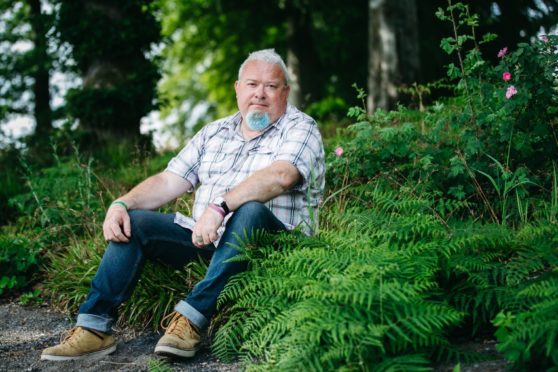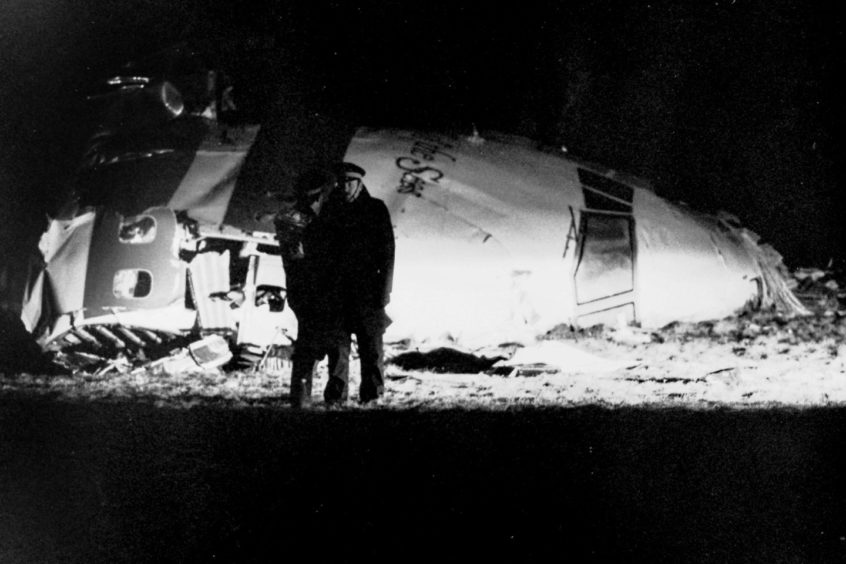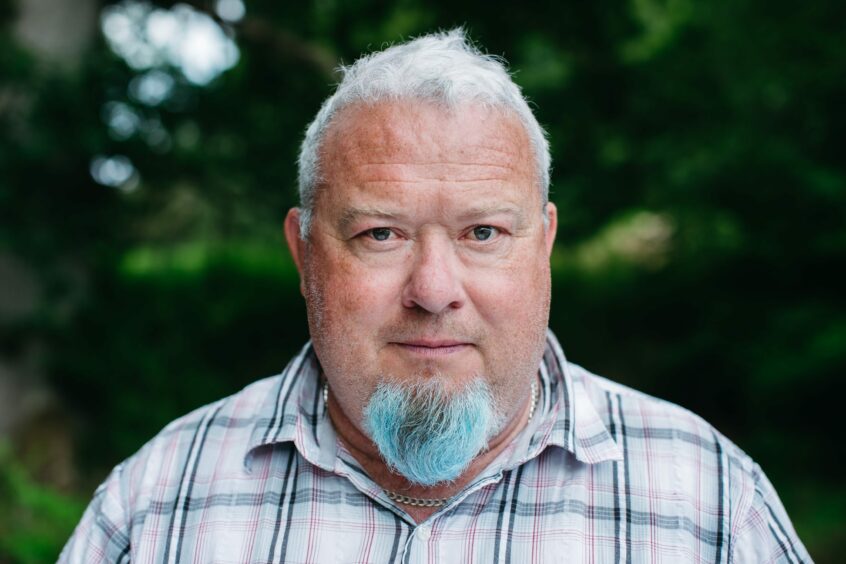
A firefighter who attended the Lockerbie bombing has revealed a stroke has triggered post-traumatic stress, flashbacks and terrifying hallucinations linked to the disaster.
John McCulloch was 20 when asked to join the emergency effort after Pan Am flight 103 exploded above the Dumfriesshire town in December 1988, killing 270 people.
However, more than 30 years later, he began suffering flashbacks and hallucinations after developing a condition called Charles Bonnet syndrome after his stroke.
He said: “These were not distressing memories but what felt like real-life replays of those dreadful call-outs. I was a young firefighter who was among those asked to take body bags to the town for the deceased.
“The images and distress of what others were going through resurfaced, along with other distressing fatal road accidents I had attended during my 10 years as a retained firefighter in Dumfries & Galloway.
“Unlike full-time firefighters who could go back to the station and attempt to deal with the stress of attending dreadful call-outs, retained ones had to go back to their day jobs and try not to let the distressing events affect them.
“You push the memories of those terrible events away and try to get on with life in the best way you can. However, doing that meant they eventually resurfaced years when I least expected them. I was too young at 20 to attend the Lockerbie bombing but I can see that only on reflection.”
Grandfather McCulloch, 53, from Castle Douglas, Dumfries and Galloway, says his saving grace was the support and counselling he received from The Fire Fighters Charity. “Without them I don’t know how I would have coped as they supported me and my partner Helen Crowther.”
The former emergency worker was left with some loss of vision in the sides of both eyes, and also some physical problems after his stroke in September 2019. He also suffered some psychological problems. The first sign for McCulloch that his recovery was going to be more complex than he thought was while he was still in hospital, and he began having hallucinations.
“I started seeing all sorts of images that were not really there, and eventually it was diagnosed as Charles Bonnet syndrome, which is when you have visual hallucinations following some vision loss,” he said.
His partner contacted the Fire Fighters Charity straight away – having seen how they had helped colleagues of McCulloch’s in the past. They gave physical and psychological support both at their Cumbria centre and video calls through the Covid pandemic.
“I struggled to sleep following the stroke and even started waking up in the middle of the night having panic attacks. I was waking up in tears seeing a lot of things I’d thought I had dealt with in the past. I thought I’d tucked them away to the back of my mind, but they were all coming back. I was at the Lockerbie disaster when I was 20. Memories like that, and others from my time in the service, were all flooding back. I’d be waking up in the night screaming in sweats, after nightmares.
“Fortunately I have a really caring partner but I was so down that I could not imagine life continuing and I did tell Helen to go away and make another life for herself. She told me if she was making an effort then I would have to, also. That was a turning point for me.”
Dr Jill Tolfrey, chief executive of The Fire Fighters Charity, said: “It is not uncommon for rescue service workers to experience poor mental health. Some are impacted by a single event and others not feeling the impact until the end of their careers.”

Enjoy the convenience of having The Sunday Post delivered as a digital ePaper straight to your smartphone, tablet or computer.
Subscribe for only £5.49 a month and enjoy all the benefits of the printed paper as a digital replica.
Subscribe © Ian Rutherford/Shutterstock
© Ian Rutherford/Shutterstock © Andrew Cawley
© Andrew Cawley